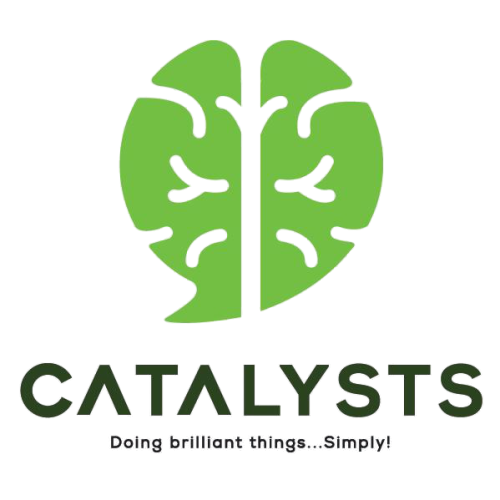 “Bura sochne se bura hoga”, “Focus on the positive side” – these are phrases we’ve all encountered at some point in our lives. The common notion among people is that focusing on ‘bad’ experiences will do nothing but make you feel worse. Well, under certain situations, this does hold true. For example, if one keeps ruminating over a bad break-up or, how their boss didn’t promote them despite their hard-work, one is bound to feel and behave poorly in the future as well. But is that what our bad experiences come down to? Feeling worse? Doing worse? Does this mean, a significant incident in our life, if negative, should not be focused on at all?
“Bura sochne se bura hoga”, “Focus on the positive side” – these are phrases we’ve all encountered at some point in our lives. The common notion among people is that focusing on ‘bad’ experiences will do nothing but make you feel worse. Well, under certain situations, this does hold true. For example, if one keeps ruminating over a bad break-up or, how their boss didn’t promote them despite their hard-work, one is bound to feel and behave poorly in the future as well. But is that what our bad experiences come down to? Feeling worse? Doing worse? Does this mean, a significant incident in our life, if negative, should not be focused on at all?
Do we ignore a child at school just because they’re mischievous and cause trouble? Or do we try to understand and help them? Let’s try and use the same approach with our negative experiences.
It is not the ‘focus’ on bad experiences that matters. It is the part we focus on that determines our we feel. Constantly focusing on the negative experience without an aim to learn something out of it, is indirect self-harm. So, how do I avoid this? Let’s break it down into 3 broad check-points.
First, it is not the positive or negative incident that impacts us, it is what we choose to focus on. Our brain is naturally wired to focus on the negative experiences in order to identify it as a threat and protect ourselves in the future. Similarly, we too can take the lesson learnt out of a given situation and be wiser. Like a famous Instagram quote says, “Everything in life is either a blessing or a lesson.”. So, when something doesn’t feel like a blessing, let’s ask ourselves, “What is this teaching me?”. For example, you’ve been working hard for almost 3 months for a promotion, but your boss someone else over you? Of course, this is very upsetting. Sometimes, we may feel worthless. But once we acknowledge our emotions towards the situation, it’s time to learn our lesson. Perhaps, our boss doesn’t like a hard-worker but a smart-worker instead? Let’s understand what the scenario demands, and give it just that. When it comes to traumatic incidences, it is very helpful to talk about it with someone, and help yourself deal with it in a healthy manner.
Second, while most of us don’t have a tough time learning from our negative experiences, we sure do face difficulty in implementing it. It’s like studying for an exam, but not appearing for it. In romantic relationships especially, people feel vulnerable after a break up. For example, you may learn that you have a tough time being with someone who’s too focused on their career to give you time. This enables you to choose your next partner wisely. However, if you fail to do so in the future and end up in another series of bad relationships, then what really did you learn?
And lastly, when we focus on learning from our negative experiences and using them to do better in the future, we ‘re not victims. However, when we don’t focus on learning, we victimize ourselves. We give away our control to change. If anyone should have control over how you feel, and what you do, it is you. Not your situations, not your circumstances.
Like Anne Dennish said, “When you replace why is this happening to me with what is this trying to teach me, everything shifts.”
Author: Alancia Menezes
Insights: Dr. Wilona Annunciation & Ms. Saraswathi Char.



